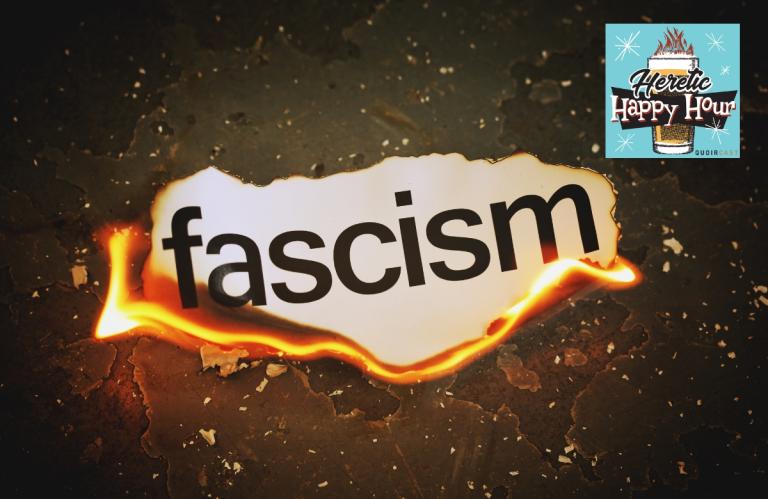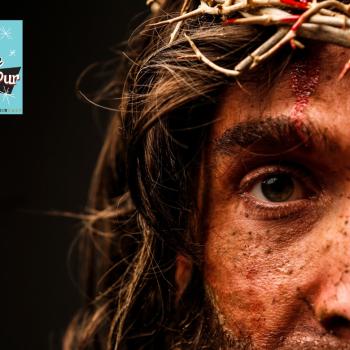
In the contemporary political landscape, few documents as of late have ignited as much concern and debate as Project 2025. This initiative, under the auspices of the political right, threatens to fundamentally alter the structure of social services in the United States, potentially dismantling the safety net that supports millions of vulnerable citizens. Analyzing Project 2025 from the perspective of a social worker, the ramifications for programs such as Social Security, Medicare, and other essential services are deeply troubling.
In an upcoming episode of Heretic Happy Hour, I, as a seasoned former social worker, present a poignant critique of Project 2025, emphasizing the disconnect between the policies proposed and the needs of the population they would affect. I recount my experiences assisting elderly individuals with accessing essential services like food stamps, HUD housing, and low-cost utilities. These programs, which many of my former clients rely on, face significant threats under Project 2025.
My observations in this episode underscore a critical irony: many beneficiaries of these programs support political candidates advocating for Project 2025, unaware of the adverse impacts on their own lives. This paradox highlights a broader issue of political and social awareness among the electorate.
The cornerstone of my argument lies in the potential consequences of Project 2025. I detail the interconnected web of social services that sustain low-income individuals and families. These services are not merely supplementary; they are vital for survival. I reflect on my role, stating, “It’s my job to help these folks who get $800, $900, $1,000 from social security be able to live within their means so that they aren’t homeless.” The looming cuts proposed by Project 2025 pose a direct threat to the stability and well-being of these individuals.
Both myself and Keith express profound concerns about the broader societal implications of Project 2025. Giles emphasizes the potential erosion of fundamental democratic principles, suggesting that the enactment of such policies could signal the end of functional democracy in America. He articulates a fear that this could lead to an autocratic governance model, where the elected president operates more like a dictator, undermining the very fabric of democratic institutions .
The dialogue between us also touches on the ethical responsibility of those who understand the full implications of Project 2025. Giles argues for a resistance mindset, drawing parallels to historical instances of resistance against oppressive regimes. He asserts that those who are not directly affected by these policies—particularly older white Americans, who may benefit from the status quo—have a moral obligation to speak out and act against the injustices these policies would perpetuate. “We need to be the ones to stand up and be the loudest because this is the system that’s being built really to favor us.”
This call to action is not just about preventing immediate harm but about preserving the principles of equity and justice that underpin a fair society. The resistance Giles advocates is multifaceted, encompassing both preemptive actions before elections and ongoing defiance against unjust policies if they are enacted. This stance reflects a deep commitment to social justice and the protection of vulnerable populations.
In closing, the discourse around Project 2025, as examined through the lens of experienced social workers like myself, reveals a troubling potential future for social services in the United States. The initiative threatens to dismantle crucial support systems, leaving millions of low-income and elderly individuals without the resources they need to survive. The ethical imperative to resist such changes is clear, calling on those who understand the stakes to advocate fiercely for the preservation of these essential programs. The conversation underscores the importance of political awareness and active participation in safeguarding the rights and well-being of all citizens, especially the most vulnerable.
Also, if you’ve been digging my work on here, and want to see me be able to continue writing as close to full-time as humanly possible, please take a look at my Patreon page at www.patreon.com/mjdistefano. Even $1 a month helps bigly!


















